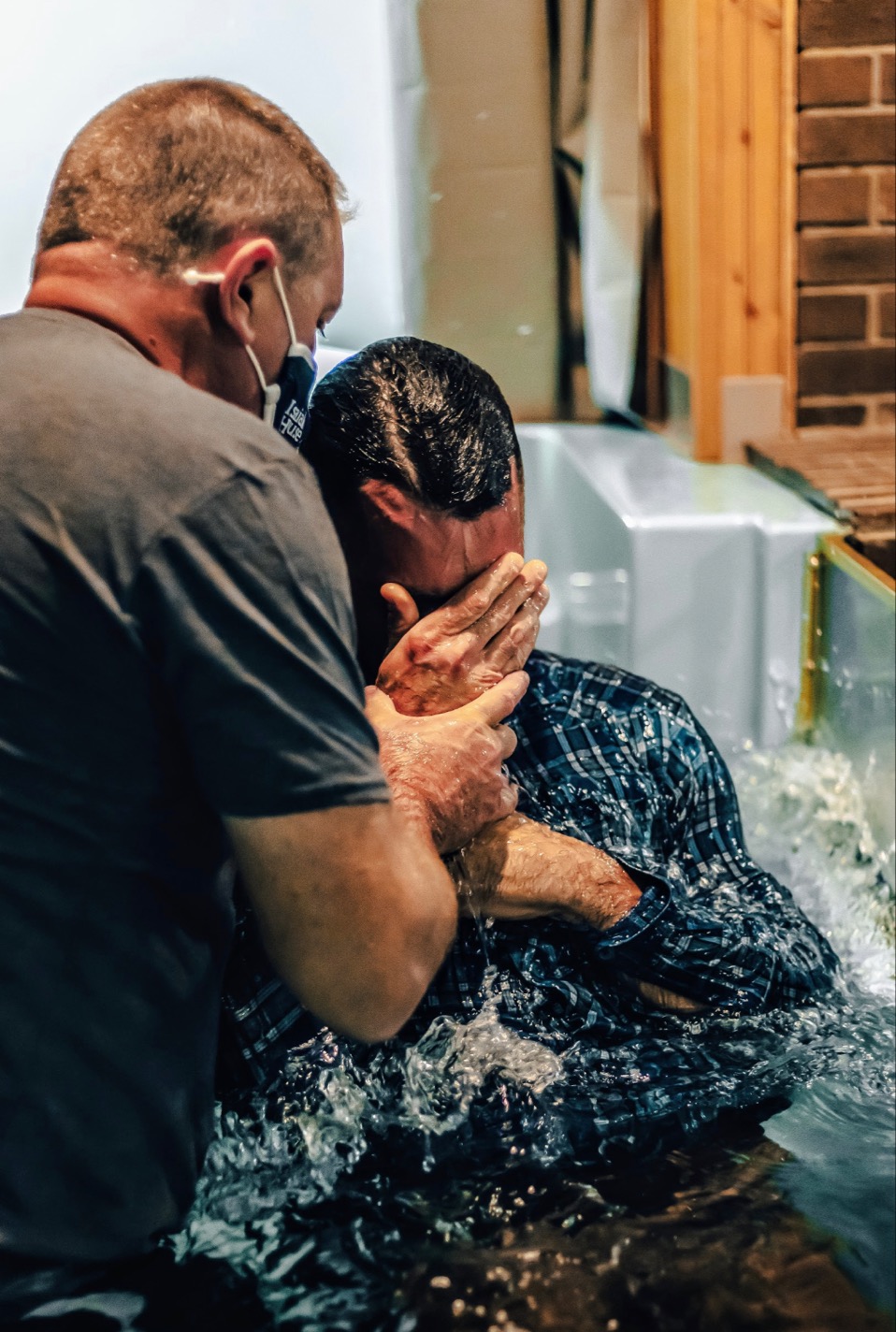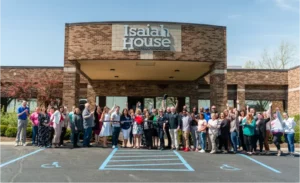Successful recovery from substance use disorder cannot be accomplished alone. It takes support, compassion, understanding and love. While this support can come from peers, mentors, and experts trained to address the unique needs of addiction treatment, a relationship with God is another crucial factor in successful addiction recovery care.
Faith-based recovery combines clinical treatment therapies with Christian values, allowing participants to navigate their recovery while maintaining, discovering or renewing a relationship with God.
Isaiah House, a faith-based nonprofit treatment center in Kentucky, believes in the holistic treatment of substance use disorder. This means treating the whole person and addressing spiritual, physical, mental, financial, legal and educational aspects of a person’s life.
Relationships with churches are paramount in providing holistic treatment and access to long-term supports. Those who work with Isaiah House believe a relationship with God helps clients stay grounded in their recovery.
“We are unapologetically Christ-centered, we are very comprehensive in our approach and we are passionate about long-term opportunities,” says Mike Cox, a pastor and president of Isaiah House Treatment Center, of what makes his organization stand out as an option for addiction recovery.
Reaching God’s children in recovery
When the church becomes involved in treatment for substance use disorder, those in recovery can develop and maintain a relationship with God and the community by attending church services, participating in Bible Study, surrendering their lives to Christ through baptism and other spiritual components to healing.
Pastor Keith Creech of Willisburg, Ky., is a staff member of Isaiah House and has participated in hundreds of baptisms for clients of IH. This year alone, more than 700 salvations and more than 500 baptisms have taken place of men and women in treatment through Isaiah House.
Creech understands the importance of the church being involved in the lives of those hurting in addiction. He compares those in addiction to lepers of the 21st Century: men and women in need of compassion when others might be hesitant to help.
“Only Jesus went to where they were and we the church are Christ’s hands and feet. We must go as well,” Creech says of reaching out as Christians to those who are in recovery.
Churches provide both spiritual and physical support
Church partnerships also support recovery by ensuring access to long-term treatment.
Chad Helm, ministerial relations and outreach director with Isaiah House, works to connect with churches and increase partnerships and collaboration. Helm, being a person in recovery, understands the importance of a faith connection in treatment as well as access to long-term supports.
“Twenty-eight days is not long enough for a person to restore and revive from several years in addiction,” Helm says, but most insurance only covers the cost for short-term treatment. Support from churches goes strictly toward helping clients remain in long-term programs.
Churches and donors also help people in recovery meet basic needs by assisting them with clothing, transitional housing and other necessities as they continue through treatment.
Isaiah House’s church outreach team aims to help educate congregations on addiction and recovery. With the help of the church, people in recovery can rejoin communities as productive members of society.
Isaiah House and its partners strive to provide services and opportunities that will help those in recovery adapt their lives for future success. This includes providing transportation, transitional living, case management, mental health and clinical health services, academic and vocational courses, employment opportunities and much more.
Cox says many of these opportunities are offered through partnerships with churches and other private donors.
The goal of recovery is to heal and be renewed. This means not only addressing the underlying causes of substance use disorder but also healing one’s mind, body and spirit to truly be successful long-term.
“It takes a lot of time to make the lasting changes you need to be successful in long-term recovery,” Cox says, and partners in faith make that possible. “You are not only saving lives physically, you are saving lives spiritually.”
Find treatment or support recovery today
Isaiah House offers Christian rehab for women and men in Kentucky. If you or someone you know could benefit from substance use disorder treatment, contact Isaiah House admissions today at (859) 375-9200.
If you would like to support addiction recovery at Isaiah House Treatment Center, visit Isaiah-House.org/donate To speak directly to our Resource Development Department, please use the contact form at https://www.isaiah-house.org/ways-to-give/




